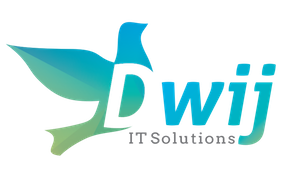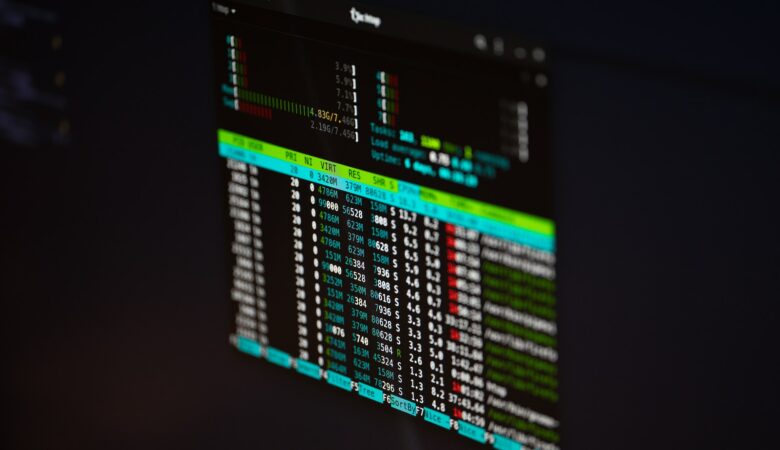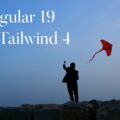TL;DR: Web Framework Recommendation for Performance and Ease of coding in 2023. Golang and Express excel in high-performance scenarios, while Laravel, Lumen, and Django prioritise developer experience and feature completeness
Choosing the right web framework for your project is a critical decision that can significantly impact the success of your project. Developers have a plethora of options available, each with its own set of advantages and trade-offs. In this benchmark comparison, we'll evaluate five popular web frameworks: Golang Fiber, Node.js Express, Laravel, Lumen, and Django. We'll explore various aspects including latency, requests per second, philosophical differences, developer perspective, and coding time to help you make an informed decision.
Latency and Requests Per Second
Latency and requests per second (RPS) are crucial performance metrics for web frameworks as they directly affect the user experience. Lower latency and higher RPS generally indicate better performance and responsiveness.
Average Latency
| Language | Framework | Average Latency (ms) (64) | Average Latency (ms) (256) | Average Latency (ms) (512) |
|---|---|---|---|---|
| go (1.21) | fiber (2.49) | 0.68 ms | 1.74 ms | 3.32 ms |
| javascript (ES2019) | express (4.18) | 2.98 ms | 11.44 ms | 24.03 ms |
| php (8.2) | lumen (10.1) | 9.63 ms | 37.70 ms | 76.14 ms |
| php (8.2) | laravel (10.21) | 24.24 ms | 95.24 ms | 188.60 ms |
| python (3.11) | django (4.2) | 18.28 ms | 85.30 ms | 186.12 ms |
Requests served / second
| Language | Framework | Requests / Second (64) | Requests / Second (256) | Requests / Second (512) |
|---|---|---|---|---|
| go (1.21) | fiber (2.49) | 161,336 | 171,497 | 173,488 |
| javascript (ES2019) | express (4.18) | 22,707 | 22,750 | 23,110 |
| php (8.2) | lumen (10.1) | 6,783 | 6,766 | 6,694 |
| php (8.2) | laravel (10.21) | 2,696 | 2,687 | 2,690 |
| python (3.11) | django (4.2) | 1,823 | 1,839 | 1,718 |
Reference: Web Frameworks Benchmark by The Benchmarker
Golang Fiber:
Golang Fiber is known for its impressive performance. Its asynchronous and event-driven architecture helps minimize latency and maximize RPS. In benchmark tests, Fiber consistently demonstrates low latency and high RPS, making it an excellent choice for high-performance applications.
Fiber follows the "Express-like" minimalist approach, emphasizing performance and simplicity. It encourages developers to write efficient code and provides a solid foundation for building high-performance applications. Developers familiar with Go's syntax and principles will find Fiber straightforward and efficient. It has a growing community and ecosystem of packages, making it an attractive choice for Go enthusiasts.
Fiber's simplicity and performance optimizations can accelerate development. However, developers must be proficient in Go to fully leverage its benefits.
Node.js Express:
Node.js Express is known for its speed and scalability. While its performance is generally good, it may not match the raw speed of Golang Fiber in all scenarios. However, Express is highly optimized and can handle a substantial number of requests with relatively low latency.
Express values simplicity and flexibility. It empowers developers to choose libraries and tools that best fit their project's needs. This minimalistic approach often results in faster development but may require more decision-making. Express is popular among JavaScript developers. Its familiarity and extensive community support ensure a wealth of resources and third-party packages. Developers can rapidly build applications with JavaScript across the full stack.
Express's minimalist approach allows for rapid development. JavaScript developers can quickly create RESTful APIs and web applications using familiar tools and libraries.
Laravel:
Laravel, a PHP-based framework, offers solid performance but may have higher latency compared to Golang Fiber and Express. It's important to note that PHP, as an interpreted language, can introduce some overhead, but Laravel's extensive caching mechanisms help mitigate this issue.
Laravel prioritizes developer experience and elegant syntax. It aims to make common tasks easy while maintaining code readability. This framework is suitable for developers who value convention over configuration. Laravel provides an elegant and expressive syntax, making it easy for PHP developers to create robust applications. Its documentation is comprehensive, and the community is active, making it a top choice for PHP projects.
Laravel's elegant syntax and built-in features can significantly reduce development time. It offers solutions for common tasks like authentication, routing, and database management, streamlining the development process.
Lumen:
Lumen, also from the Laravel family, is designed for microservices and APIs. It boasts excellent performance with lower latency compared to its bigger sibling, Laravel. Its minimalist approach results in a faster response time, making it suitable for projects where high performance is essential.
Lumen's philosophy is similar to Laravel but leans more towards microservices and APIs. It provides the essentials for building fast and lightweight applications while allowing developers to leverage Laravel's ecosystem when needed. Lumen's developer experience is similar to Laravel, but it's more streamlined for microservices and API development. Developers transitioning from Laravel will find it easy to adapt to Lumen.
Lumen inherits many of Laravel's developer-friendly features, enabling faster microservices and API development. Developers with Laravel experience will find Lumen's learning curve minimal.
Django:
Django, built on Python, is known for its robustness and versatility rather than raw speed. While it may not offer the same level of performance as Golang Fiber or Express, it compensates with an array of features and tools for developers to optimize their applications.
Django adheres to the "batteries-included" philosophy, offering a comprehensive set of tools and libraries out of the box. It emphasizes DRY (Don't Repeat Yourself) principles and encourages best practices. Django is an excellent choice for projects that require extensive features and security. Django is well-loved by Python developers for its clean and organized code structure. Its extensive documentation and built-in admin interface simplify development. Python developers will appreciate its readability and maintainability.
While Django may involve more upfront setup due to its comprehensive feature set, it ultimately accelerates development by handling many common tasks. Its admin interface, in particular, saves significant development time.
Conclusion
The choice of a web framework ultimately depends on your project's specific needs and your team's familiarity with the language and ecosystem. Golang Fiber and Node.js Express excel in high-performance scenarios, while Laravel, Lumen, and Django prioritize developer experience and feature completeness.
Consider your performance requirements, development philosophy, and team expertise when making your decision. Ultimately, all these frameworks are capable of delivering robust web applications, so choose the one that aligns best with your project goals.
Find more golang related articles on https://GolanGuru.com.









Leave a Reply